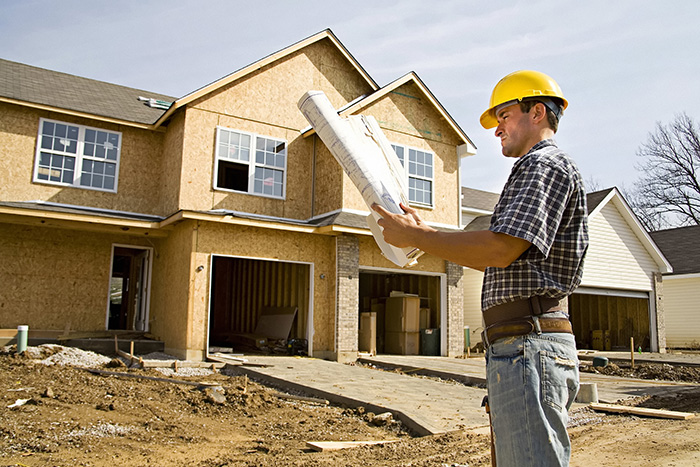- Residential – These types of construction projects includes houses, townhouses, cottages, apartments, condominiums, single unit dwellings and subdivisions. The designs for the housing are usually done by architects and engineers; the construction is completed by builders who hire subcontractors for structural, electrical, mechanical and other specific work. This type of project must adhere to the local building authority regulations and codes of practice. Because of its ease of entry into the real estate market, many new builders are attracted to residential projects. Although it is a highly competitive market with potentially high risks, there are also high rewards.
- Building – This type of construction project is possibly the most popular; it is the process of adding structure to a property, including room additions and small renovations. For current homeowners, this is the most common project because they often extend their homes with additional rooms, walk-in closets, garages, and kitchen renovations.

- Institutional & Commercial – This category includes schools, universities, hospitals, clinics, sports facilities, stadiums, shopping centers, retail chain stores, light manufacturing plants, warehouses, skyscrapers for offices and hotels, and more. For these projects, specialty architects and engineers are hired for a particular building design. There a few competitors for this category because of its high costs and greater sophistication as compared to residential buildings.
- Highway Construction – This involves the alteration, construction, repair of highways, streets, roads, paths, parking areas, and more.
- Heavy Construction – These projects are those that are not classified as building or highway projects, such as flood control projects, water treatment plants and facilities, water and sewer line projects, and more.



